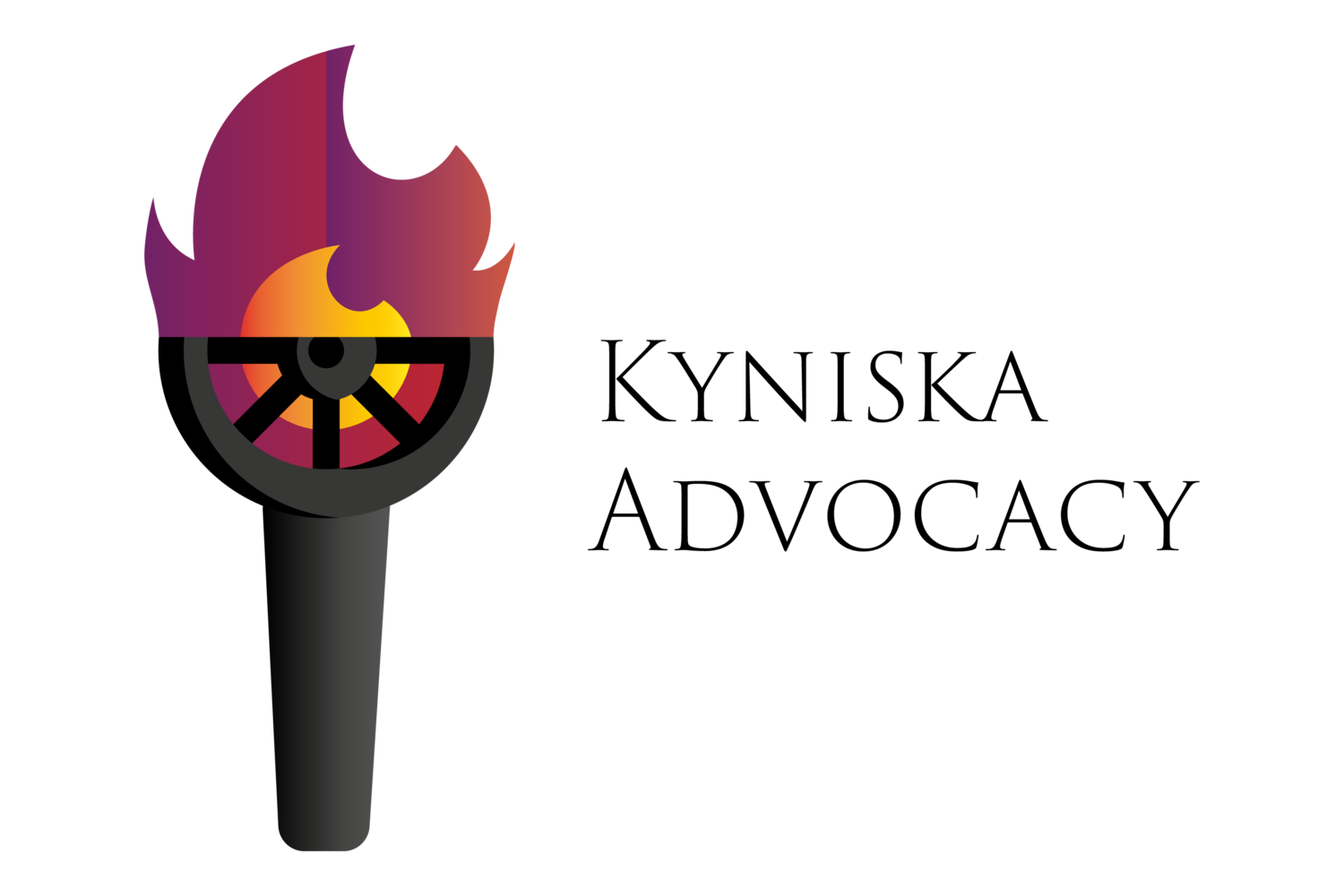I’m a feminist but…I don’t watch women’s sport
“I was very much a young girl who wanted to prove that they could play sport with and against the boys. But for someone who was always wanting to show that girls are good at sport, I didn’t watch much women’s sport at all.”
I’m looking forward to immersing myself in sport this summer and I’ll be tuning in to watch UEFA Euro 2020, Wimbledon and the Tokyo 2020 Olympics over the next few months.
I am a football fan so I’ll be watching UEFA Euro 2020, which was postponed last year due to COVID, but this is a tournament that is completely made up of male players and I’ve come to realise that as much as I want to see women in sport get the recognition they deserve, I surprisingly don’t watch a whole lot of women’s sport.
Growing up, I was surrounded by sport. I watched and played football and tennis as well as took part in different sports clubs after school. I even briefly joined a boy’s football team for a few training sessions because there was no team for girls at that point, even though I wasn’t allowed to play in any matches, I always wanted to be included.
I was very much a young girl who wanted to prove that they could play sport with and against the boys. But for someone who was always wanting to show that girls are good at sport, I didn’t watch much women’s sport at all.
Being a woman myself, I think there is an expectation for me to watch women’s sport and I often feel guilty or like a hypocrite that I don’t.
Where does my lack of knowledge and understanding of women’s sports come from? I don’t think it runs too deep. I don’t actively avoid watching women’s sport yet I don’t seek it out enough either.
“Viewing figures of the 2015 FIFA Women’s World Cup were reported at 750 million and in 2019 this rose to 1.2 billion which was a new record”
It’s a habit more than anything. When I watch football, I will automatically be watching the men’s teams on the TV but when the FIFA Women’s World Cup was held in 2019, I rarely tuned in. My sporting hero when I was growing up was Andy Murray and the only woman who played a sport I looked up to was my mum, who I always cheered on when she was playing tennis for her club. I’ve realised that I may have an unconscious bias towards men in sport.
There is an imbalance in coverage of women’s sport compared to men’s sport. Football is a prime example. Plenty of football fans will argue that the men are more entertaining to watch and play to a higher standard than their female counterparts and that’s why they get coverage on the mainstream media.
There has been a conscious effort both at club level and international level to make the women’s game more accessible to fans. Professional clubs use their social media to promote their women’s team to their fans, and there are more female players providing analysis of the men’s game on TV. I think combining the men’s game and women’s game in this way helps to bring more focus on the sport as a whole rather than treating it as two separate entities.
There is an audience for women’s sport and more is being done to bring it into the mainstream. Viewing figures of the 2015 FIFA Women’s World Cup were reported at 750 million and in 2019 this rose to 1.2 billion which was a new record. The 2018 FIFA World Cup reached 3.572 billion viewers.
Ultimately, sport should be inclusive for everyone whether you are an athlete yourself or a spectator. I don’t think that anyone should be made to feel guilty for a preference that they have whether that’s which sport they play, follow or who they watch. I don’t think that I should be made to feel guilty for not watching much women’s sport up to this point. If I weren’t myself a woman, would I feel a sense of guilt and hypocrisy? I probably wouldn’t.
Now I’m older, I am more aware of female athletes and I am in awe of many of them. I would like to make more of an effort to follow their success.


